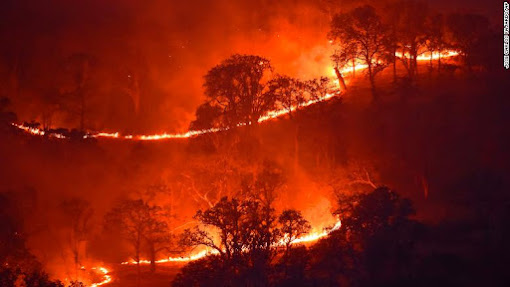As part of the UK's move to become more carbon neutral, the government announced that it plans to ban the sale of petrol cars by 2030 meaning that electric cars will dominate the market; this is great news for the environment but there are concerns around ensuring that there is enough infrastructure to cope with the numbers of cars and vehicles that will need regular recharging
Click here to read more...
Oil pollution in the Arctic
New rules around shipping in the Arctic have been recently brought in to protect it from oil pollution which can threaten wildlife; it appears, however, that some of these rules don't go far enough as there are several loopholes that allow ships from Arctic coastal states to sail around which will mean that some oil will still enter the waters
Click here to read more...
New global map of bees
Bees play a hugely important role in pollinating plants which helps to keep our ecosystems thriving; scientists have created a new map which shows the distribution of all 20,000 bee species and this will help inform further efforts to conserve bees and ensure their survival
Click here to read more...










